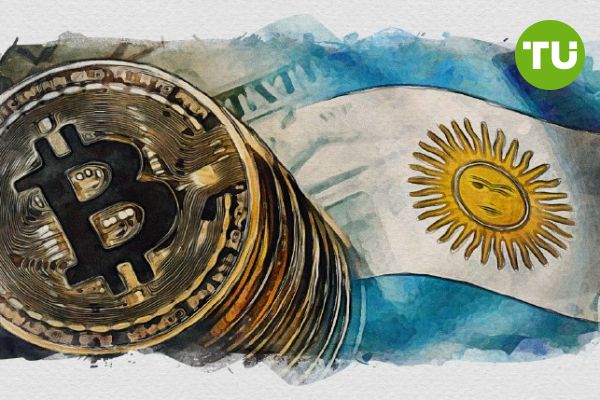Argentina moves closer to El Salvador with corporate Bitcoin investments
 Argentina corporate Bitcoin investments
Argentina corporate Bitcoin investments
Argentina’s leading corporations are deepening their involvement in the cryptocurrency market, collectively holding 1,300 bitcoins as part of their investment strategies.
This significant move places Argentina on the path to becoming a prominent player in the global crypto economy, a transformation spurred by the pro-crypto stance of President Javier Milei, according to the Cryptopolitan.
Corporate Titans Lead the Charge
Bitfarms, a global Bitcoin mining firm with 12 data centers across the Americas, tops the list with 870 BTC in reserves. CEO Ben Gagnon recently emphasized the company’s pivot toward a diversified future as it transitions into a North American energy and computing enterprise.
Mercado Libre, Latin America’s e-commerce juggernaut, follows with 412 BTC under management, though these assets belong to users of its crypto wallets rather than the company itself. In 2024, the company launched its own stablecoin, Meli Dolar, further solidifying its influence in the regional crypto market.
Globant, an IT and software engineering firm, rounds out the trio with 15 BTC. Though modest in holdings, Globant’s leadership has publicly supported President Milei’s favorable crypto policies.
Collaboration with El Salvador
Argentina’s crypto ascent comes amid deepening ties with El Salvador, the world’s first country to adopt Bitcoin as legal tender. Officials from Argentina’s National Securities Commission (CNV) recently met with their Salvadoran counterparts to exchange insights on regulation and adoption.
“El Salvador’s regulatory framework offers valuable lessons,” said CNV President Roberto E. Silva, highlighting shared goals for fostering innovation and expanding the reach of well-regulated crypto industries.
As Argentina’s corporate and governmental efforts align, analysts speculate the country could be on the brink of embracing cryptocurrency on a national scale, mirroring El Salvador’s pioneering strategy.
Venture capitalist Tim Draper predicts economic growth in countries prioritizing "freedom and trust," highlighting Argentina under Melei and Uruguay under La Calle as promising markets. His outlook reflects a broader trend favoring emerging economies embracing capitalism and liberalization.













































































































































